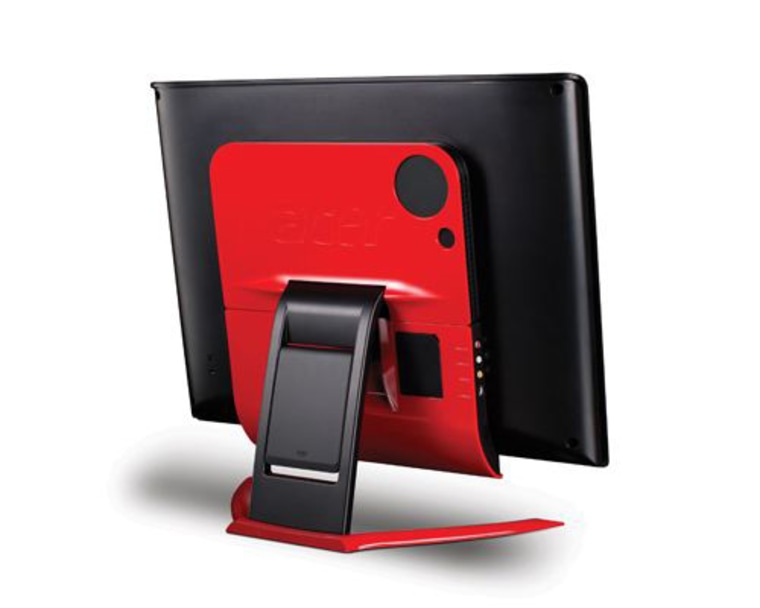It's a good thing Gianfranco Lanci likes coffee. He shuttles between his home in Milan and job in Taiwan as president of computer maker Acer Inc. And despite the 16-hour journey, his schedule makes no allowances for jet lag. After landing in Taipei, Lanci plunges right into a full day of meetings. His secret? It might have something to do with the gleaming Lavazza espresso machine Acer installed to accommodate his six-demitasse-a-day habit. "You cannot waste time, since you spend so much time already on the plane," says Lanci, 52. "The coffee," he adds, "also helps."
Acer seems to be on a caffeine kick of its own. Americans who know the brand likely recall it hit the big time in the '90s, then quickly fell into obscurity. While Acer remains weak in the U.S., globally it's No. 4 in PCs overall, behind Hewlett-Packard, Dell, and Lenovo. Last year, Acer boosted its share by 1.2 percentage points, to 5.9 percent, according to preliminary data released by researcher IDC Corp. on Jan. 17. That puts Acer just behind Lenovo, which rose to No. 3 when it bought IBM's PC division two years ago. Lenovo is "successful in China, [but] we are growing everywhere," says Acer CEO J.T. Wang.
The battle to overtake Lenovo is about more than just bragging rights. The PC industry has shrunk to a handful of players, and more consolidation is likely. For Acer, getting bigger is "a survival issue," says Kevin Chang, an analyst in Taipei with Credit Suisse Group. "You need to be a top-three player to make a sustainable profit." Acer had sales of $11.1 billion in 2006 and profits of $338 million, estimates Credit Suisse.
The un-Dell
Acer has been gaining ground thanks to low-cost machines and unconventional distribution. It shuns direct sales, instead selling only through distributors and outsourcing all production to factories in China. Acer has also been the driving force in price wars that have taken a toll on former No. 1 Dell Inc. Although Acer has some premium offerings, such as its Ferrari line of sleek machines in red racing stripes, it typically underprices competitors by 5 percent to 10 percent. Even so, Acer usually offers retailers a bigger chunk of the selling price than rivals do.
The strategy is working: Sales have more than doubled since 2003, though it has cut Acer's profit margin to about 2 percent, or less than half that of HP or Dell.
To keep the momentum going, Acer must expand beyond its stronghold in Europe. There, it's the market leader in laptops and No. 3 overall, thanks to Lanci. A 16-year veteran of Texas Instruments Inc.'s PC business, which Acer acquired in 1997, Lanci headed Acer's European operations before becoming president in 2005. Now Acer is taking the fight directly to China, where it is No. 9. In 2005, Acer revamped its operation on the mainland, halving head count to 200 and outsourcing distribution.
Acer also hopes to improve its position in the U.S., where it has just 1.8 percent of the market. The company sells lots of notebooks to small businesses, but among large corporate customers, "they don't have the credibility" needed, says Elsa Opitz, research manager at IDC in London. Acer has raised its profile with U.S. consumers over the past two years through deals to sell its wares at Wal-Mart, CompUSA, and Circuit City —which could ultimately pay off with big companies, says U.S. sales chief Mark Hill. "More of a presence in U.S. retail," he says, "will inevitably lead to better name recognition."
